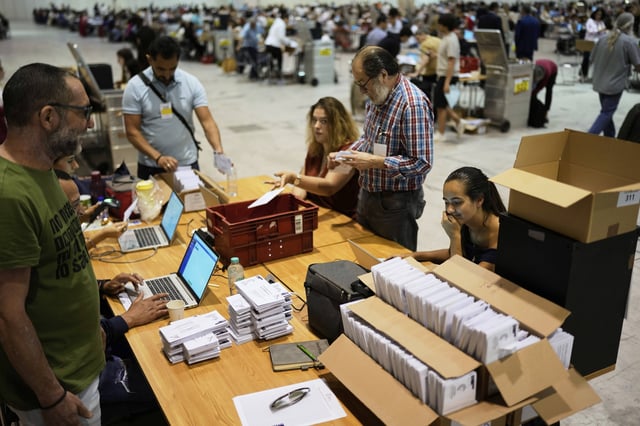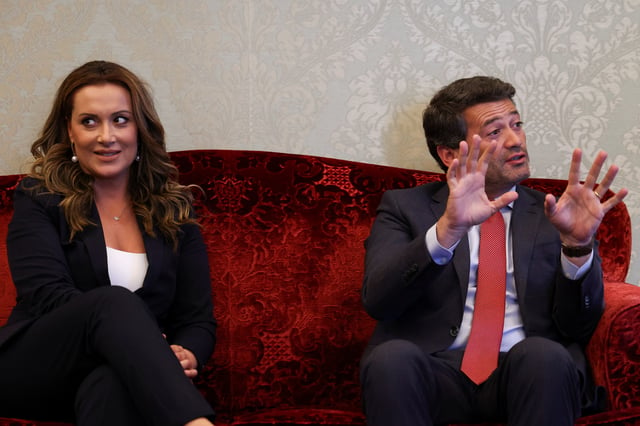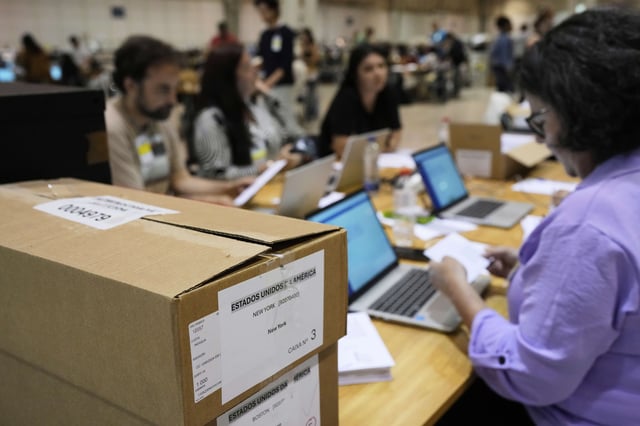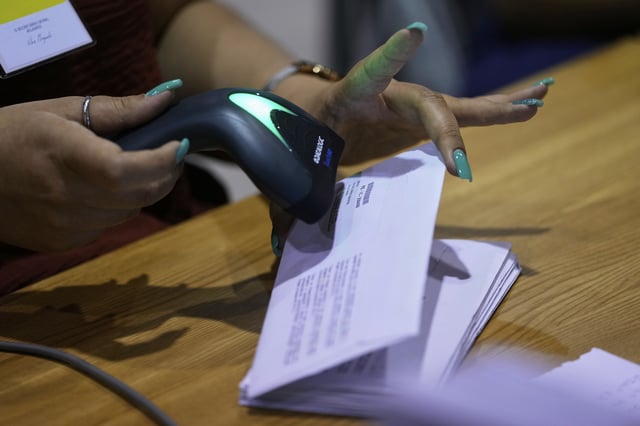Overview
- Chega secured 60 of the 230 parliamentary seats after final overseas ballots, overtaking the Socialist Party’s 58 seats.
- Prime Minister Luis Montenegro’s centre-right Democratic Alliance won 91 seats but fell short of the 116 needed for a majority.
- Montenegro has declined to form alliances with Chega and will lead a new minority government after consultations with President Marcelo Rebelo de Sousa.
- Chega’s anti-immigration stance and calls for tougher criminal sentencing reflect a wider surge of far-right forces in Europe.
- Mainstream parties’ continued refusal to work with Chega accentuates Portugal’s political fragmentation and governance instability.



